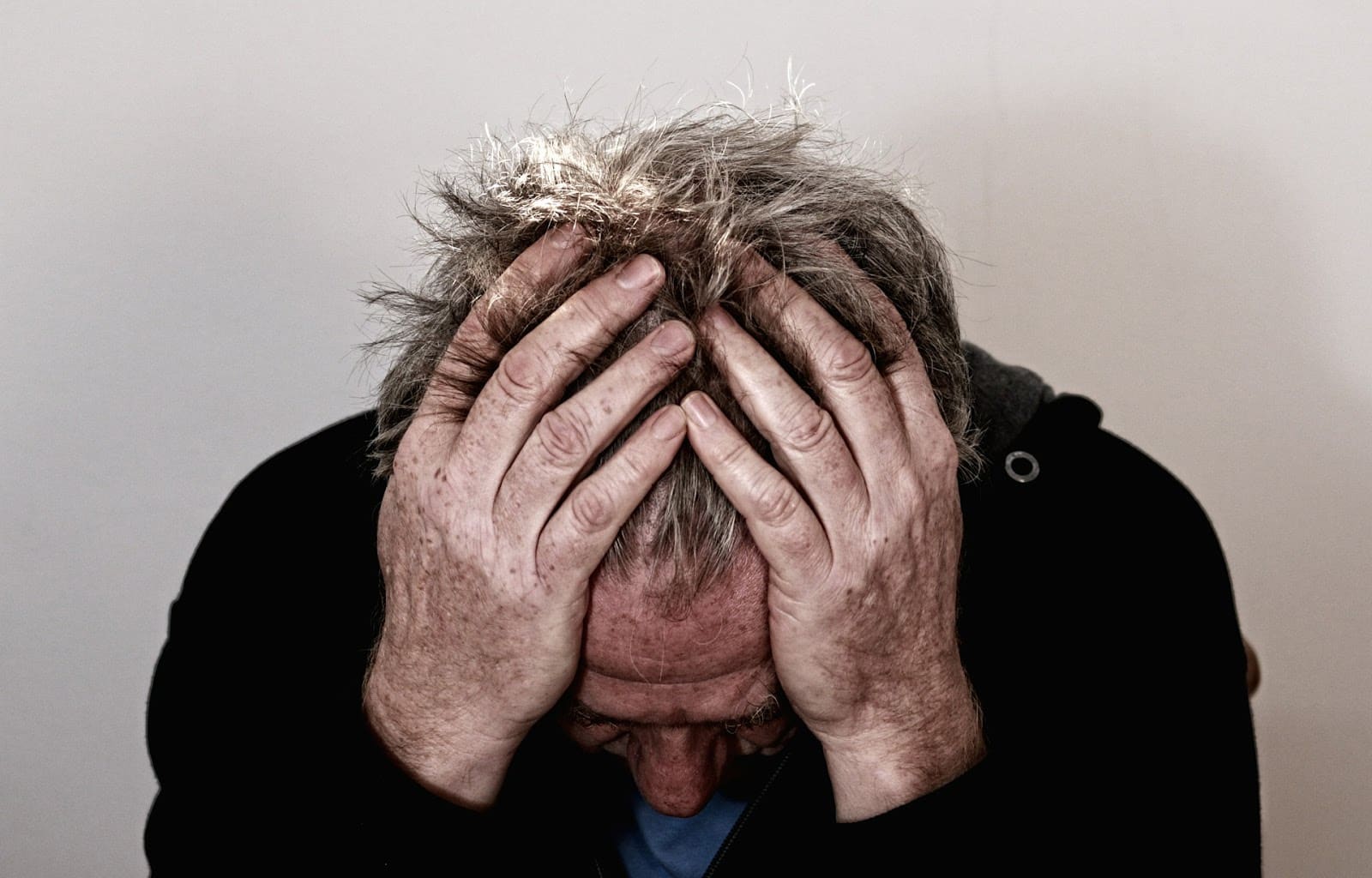Generally, headaches happen when there are problems or some overactivity with your blood vessels, muscles, and the nerves of the head and neck. Chances are you’ve had headaches before and most of them go away with mild painkillers.
However, many people go through consistent, and at times, chronic headaches and these can be a cause for concern. In this article, we’ll look at some of the reasons why this may happen and how to get over them.
1. Post-Concussion Syndrome
Concussions happen when there is a sudden jolt or whiplash to the brain. This can happen in contact sports such as rugby and ice hockey as well as falls and accidents. Unlike what many people think, you don’t need to pass out to be concussed.
In fact, many people don’t even know they’ve been concussed until the symptoms appear. Constant headaches are a symptom of post-concussion syndrome. Don’t worry, there are still ways to treat it. If you feel that you may have been concussed in the past, be sure to pay a doctor a visit as the health of your brain can deteriorate over time if untreated.
2. Hormonal Issues
Women especially may experience menstrual migraines. These migraines can last up to 5 days, usually 2 days before the period starts and the first 3 days of the period. But these long continuous migraines affect less than 10% of women.
Menstrual migraines can be attributed to the drop in the female hormone estrogen. Another hormone that is responsible for this is prostaglandin which is released within the first 48 hours of menstruation.
If you’re going through perimenopause or postpartum, you may also be subject to these migraines as these are both marked with significant drops in estrogen.
How to know if your headaches are because of hormones?
If you notice your migraines coincide with your period cycle (you should already have a period calendar) for the past three months, then chances are that’s the cause. You can consult your doctor about this and he or she may prescribe you medication or put you on hormonal birth control.
3. Dehydration
More than half of our body is made up of water, and your body does a great job of keeping it balanced. If you drink too much, you’ll urinate more. Too little, you’ll urinate less. However, if you’re constantly dehydrated, it’s going to take a toll on your body.
Headaches are one of the symptoms of dehydration. There isn’t a known reason why, but a strong theory proposes that it’s because when you don’t get enough water, the volume of blood drops, and less oxygen gets into the brain.
There are easier ways to check if you’re dehydrated. Dark pee (medium yellow-orange), dry lips and mouth, lethargy, and dry skin are tell-tale signs of dehydration.
The fix? Drink more water! Aim for ½ – 1 oz of water per pound of bodyweight. If you weigh 200 pounds, you should be drinking 100 to 200 oz of water a day, depending on the weather and your daily physical activity levels.









Leave a Reply